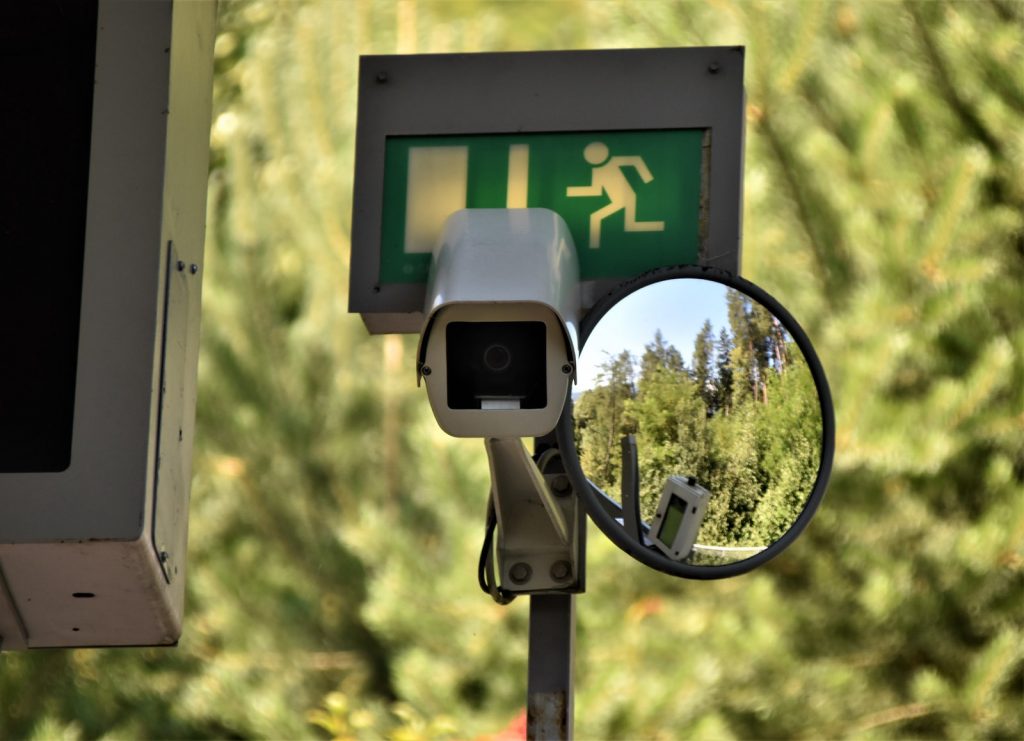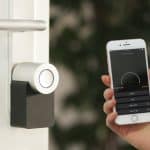Table of Contents
- Introduction to the best home security systems that don’t require Wi-Fi
- Types of home security systems
- Features to consider
- Top Picks for Non-Wi-Fi Home Security Systems
- How to choose the right system for your home
- Conclusion
- Frequently Asked Questions
Introduction to the best home security systems that don’t require Wi-Fi
Home security is a crucial aspect of ensuring the safety and security of your family and property. With the advancement of technology, many homeowners are turning to Wi-Fi-connected security systems for added convenience and control.
However, for those without a stable internet connection or who are looking for an alternative to a Wi-Fi-dependent system, there are several options available.
In this article, we will explore the best home security systems that don’t require Wi-Fi and provide an overview of the features and options available for homeowners looking for a non-Wi-Fi solution.
We will also provide a guide on how to choose the right system for your home and budget.
Types of home security systems
There are several types of home security systems that don’t require Wi-Fi.
The most traditional type of system is a wired system, which uses a physical connection to transmit signals between the sensors and the control panel. These systems are typically installed by professionals and can be more difficult to set up than other options.
Another option is a cellular-based system, which uses cellular networks to communicate with the control panel and send alerts. These systems are often considered more reliable than Wi-Fi-based systems, as they are not dependent on an internet connection.
Battery-powered systems are also an option for those who want a non-Wi-Fi solution. These systems are easy to install and can be set up by the homeowner, but they will require battery replacement over time.
Each type of system has its own set of pros and cons, and you should consider your specific needs when choosing the right system for your home. For example, if you are looking for a system that is easy to set up and does not require professional installation, then a battery-powered system may be the best option for you.
On the other hand, if you want a system that is more reliable and does not require battery replacement, then a cellular-based system may be the better choice.
Features to consider
When choosing a non-Wi-Fi home security system, it’s important to consider the features that are important to you.

Motion detection allows the system to detect movement in the monitored area and send an alert to the control panel. Night vision allows the system to see in low light conditions, which is important for monitoring the exterior of your home at night.
Two-way audio allows you to hear what’s happening in your home and also speak through the system, which can be useful for scaring off intruders or communicating with family members when you’re away. Remote access allows you to control the system from your smartphone or another mobile device, so you can check the status of your system and arm or disarm it from anywhere.
When considering these features, think about your needs and the layout of your home.
If you want to monitor a large area or have many entry points, motion detection may be a crucial feature for you. If you want to be able to see what’s happening in your home at night or in low-light conditions, night vision is a must-have.
If you want to be able to communicate with family members or deter intruders, two-way audio can be a useful feature. If you want to have the ability to check on your home and arm/disarm the system remotely, then remote access is an important feature.
Top Picks for Non-Wi-Fi Home Security Systems
In this section, we will highlight some of the best non-Wi-Fi home security systems available in the market. We will provide a brief overview of each system and its features to help you make an informed decision.
ADT Wireless Home Security System
This system is a wired option and is one of the most popular among homeowners. It includes motion detectors, door and window sensors, and a control panel. It’s also compatible with ADT’s professional monitoring service which will alert the authorities in case of an emergency.
SimpliSafe Home Security System
This is a wireless option and is known for its ease of installation. The system comes with a base station, keypad, motion sensor, and entry sensors. It can be controlled remotely via the SimpliSafe app, and it also has a professional monitoring option.
Ring Alarm Home Security System
This is another wireless option, it offers a range of devices such as contact sensors, motion detectors, and a keypad, as well as a range of cameras and a siren. The system can be controlled via the Ring app, and it also has a professional monitoring option.
Nest Secure Alarm System
This is a wired option that can be self-monitored or professionally monitored. It includes a control panel, motion sensor, and door and window sensors. The system can be controlled via the Nest app, and it’s also compatible with other Nest devices such as cameras and thermostats.
These are some of the top picks for non-Wi-Fi home security systems. Each one offers different features and options that can fit different needs and budgets. It’s important to evaluate your specific needs before making a decision.
How to choose the right system for your home
When choosing a non-Wi-Fi home security system, it’s important to assess your security needs and budget.
Consider the layout of your home and the areas you want to monitor. Think about the type of sensors you need, such as motion detectors or door and window sensors.
Evaluate the features that are important to you, such as remote access or two-way audio. And most importantly, consider whether you want a self-monitored or professionally monitored system.
Next, consider your budget. Compare the cost of the system, installation fees, and ongoing monitoring costs. Make sure to also factor in the cost of any additional equipment or devices you may need.
Finally, decide whether you want a professional installation or a DIY option. Professional installation is more expensive, but it ensures that the system is properly installed and configured. On the other hand, a DIY option is more affordable, but it requires you to set up and install the system on your own.
By assessing your security needs, budget, and installation preferences, you’ll be able to choose the right non-Wi-Fi home security system for your home.
Conclusion
Non-Wi-Fi home security systems are a great alternative for those who do not have a stable internet connection or prefer an alternative to Wi-Fi-dependent systems. There are several types of non-Wi-Fi systems available, including traditional wired systems, cellular-based systems, and battery-powered systems.
Each type has its own set of pros and cons, and it’s important to consider your specific needs when choosing a system. Consider the features and options that are important to you, such as motion detection, night vision, two-way audio, and remote access.
Additionally, it’s crucial to evaluate your budget and decide between a professional installation or a DIY option. By following these guidelines, you will be able to choose the right non-Wi-Fi home security system for your home and ensure the safety and security of your family and property.
Frequently Asked Questions
The main benefit of using a home security system that doesn’t require Wi-Fi is that it provides reliable protection and monitoring even in areas where there isn’t an internet connection.
This can be especially beneficial for rural areas or other locations where wireless access is limited or not available at all.
These home security systems work by being connected to an alarm system that is typically wired into your walls and ceilings. When the system is activated, it will trigger a loud siren, alerting you and anyone nearby that there may be an intruder on your property.
Also, some systems depend on mobile data, satellite, or cellular connections to ensure they remain online even without Wi-Fi.
The cost of a non-Wi-Fi home security system can vary depending on the type and features of the system. It’s important to compare the costs and consider your budget when making a decision.
Many non-Wi-Fi home security systems offer remote access via a smartphone or other mobile device, allowing you to arm or disarm the system and check the status of your home from anywhere.
The installation of a non-Wi-Fi home security system can vary depending on the type of system and whether you choose a professional installation or a DIY option.
Many non-Wi-Fi home security systems offer professional monitoring options, which can alert the authorities in case of an emergency.







